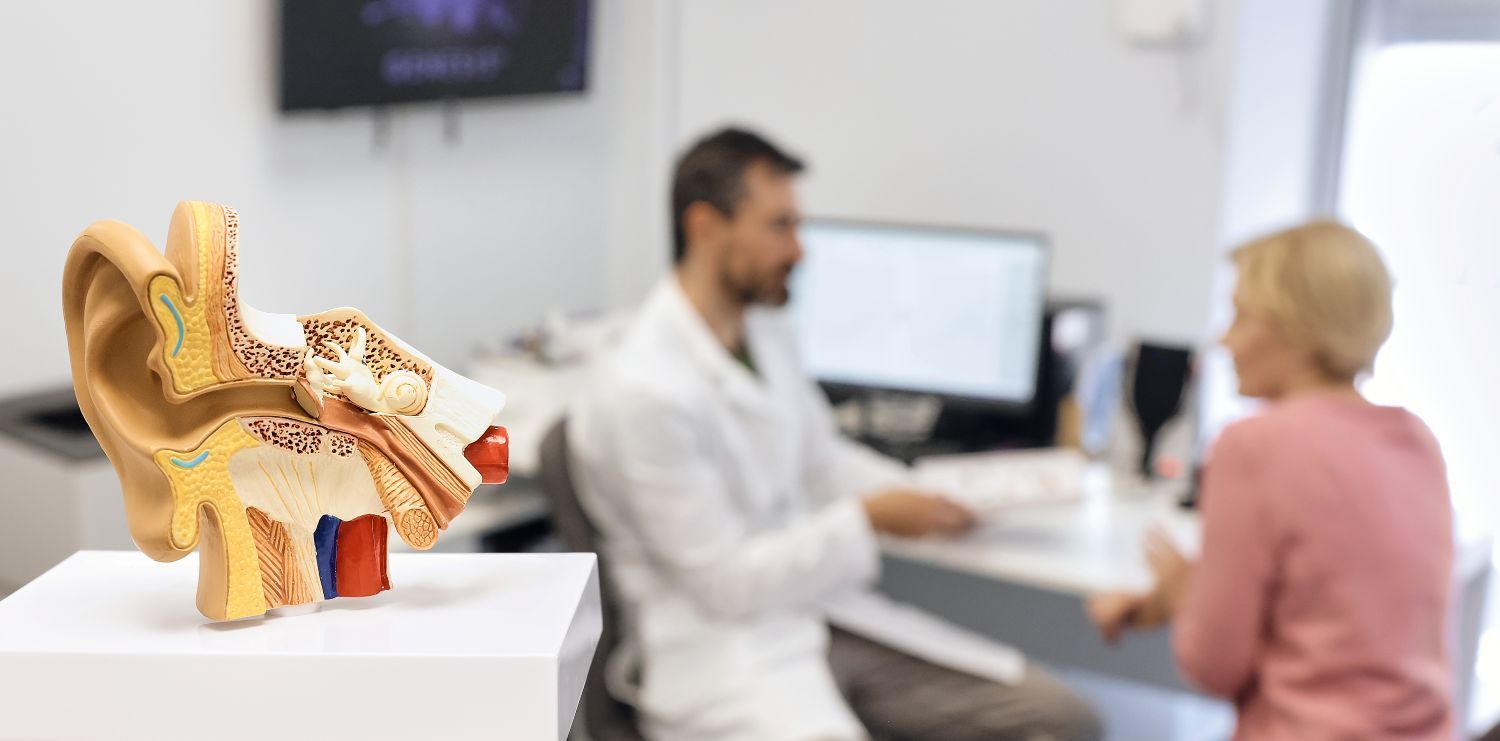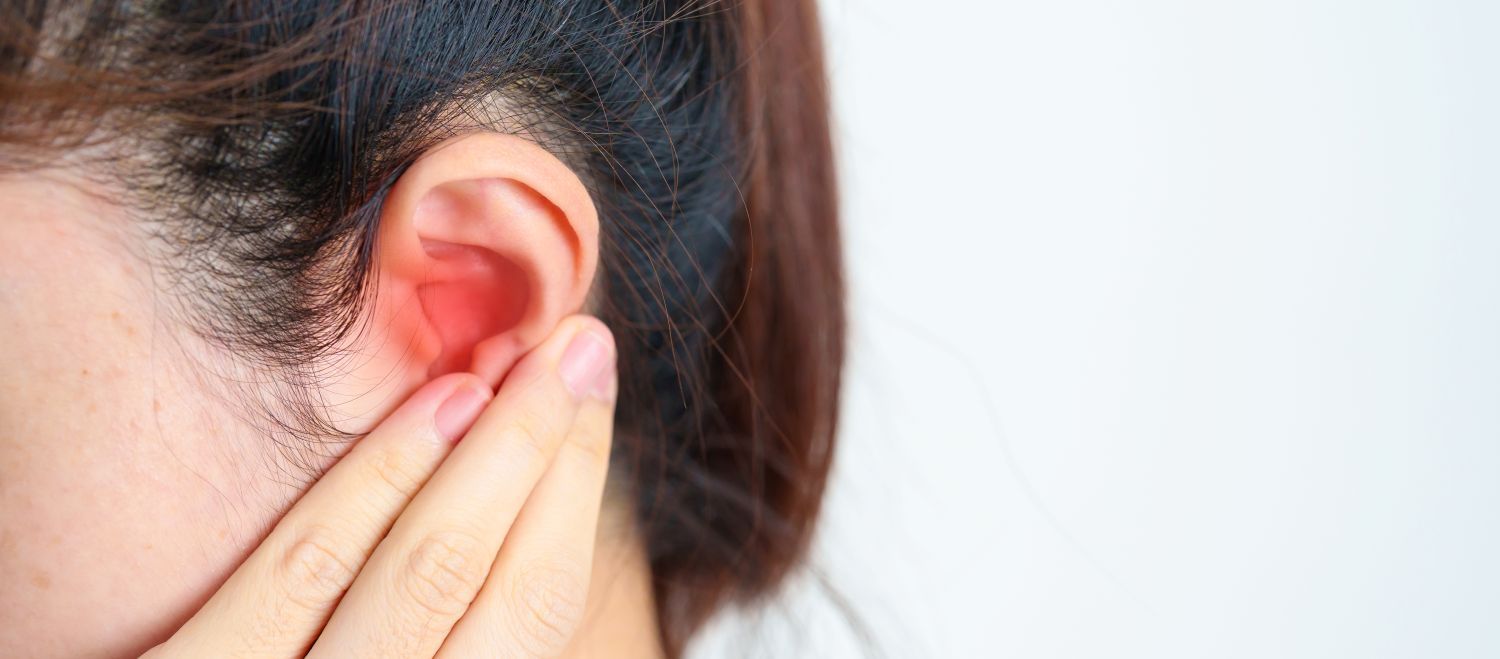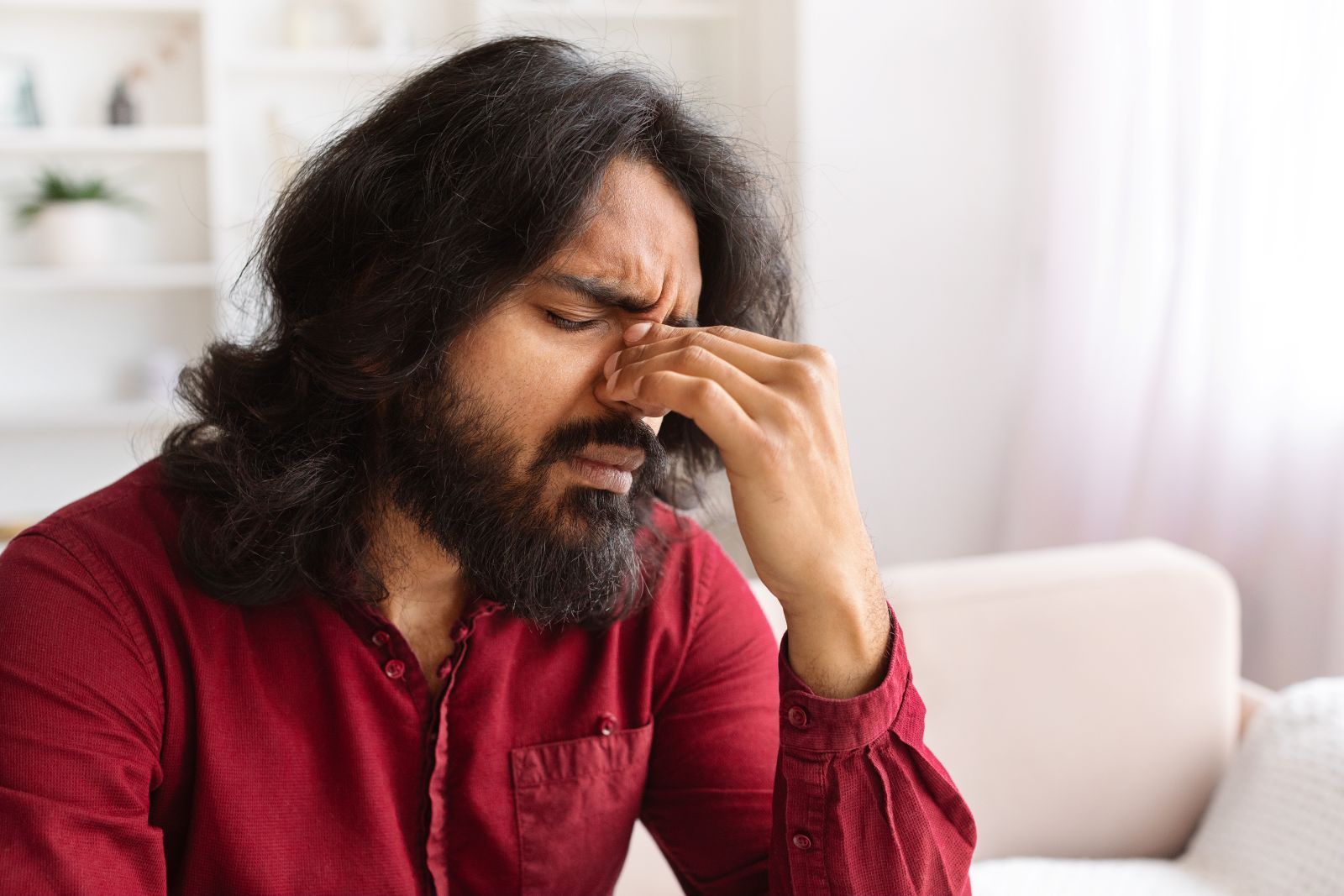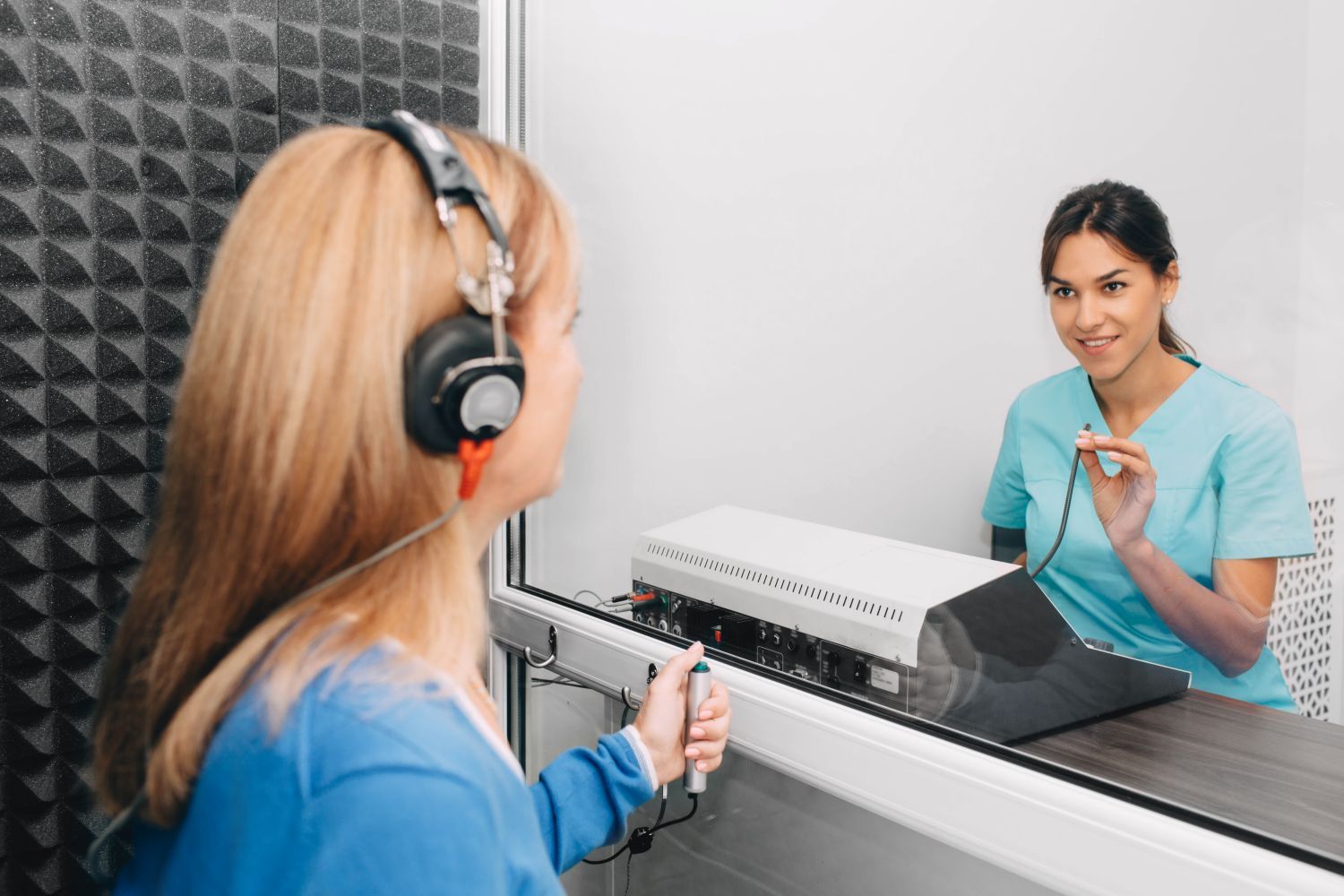What Causes Sudden Hearing Loss in One Ear?
Hearing loss can be a distressing experience, especially when it occurs suddenly and affects only one ear. Sudden hearing loss in one ear, is a condition that requires immediate attention and understanding. In this blog post, we will explore the risk factors and possible causes of sudden hearing loss in one ear and discuss the importance of seeking medical help.
Understanding Sudden Sensorineural Hearing Loss
Sudden hearing loss in one ear, medically known as sudden sensorineural hearing loss (SSHL), is a condition characterized by a sudden and unexplained loss of hearing in one ear. It affects the inner ear, specifically the cochlea or the auditory nerve, which is responsible for transmitting sound signals to the brain. It typically occurs within a few days and can be accompanied by ringing or buzzing in the ear, dizziness, or a feeling of fullness in the affected ear. The exact cause of sudden hearing loss is often unknown, but there are several risk factors that can increase the likelihood of experiencing this condition.
Risk factors for sudden hearing loss
While the exact underlying cause of sudden hearing loss is unclear, there are various risk factors that can heighten the probability of encountering this condition. It is important to understand these risk factors to take appropriate measures for prevention and early intervention.
- Age: Sudden hearing loss commonly affects individuals between the ages of 30 and 60.
- Pre-existing conditions: Certain medical conditions, such as high blood pressure, diabetes, autoimmune disorders, and a history of ear infections, can increase the risk.
- Medications: Some medications, including certain antibiotics, diuretics, and chemotherapy drugs, have been associated with sudden hearing loss as a side effect.
- Smoking: Tobacco smoking has been linked to an increased risk of sudden hearing loss.
- Stress and noise exposure: Excessive stress and prolonged exposure to loud noise can contribute to the development of sudden hearing loss.
- Family history: Having a family history of sudden hearing loss may increase the susceptibility to the condition.
It is recommended to seek medical attention promptly if any sudden changes in hearing are noticed, as early intervention can significantly improve the chances of recovery.
Possible Causes of Sudden Hearing Loss in One Ear
Viral infections
Viral infections, such as viral labyrinthitis or viral meningitis, can lead to sudden hearing loss in some cases. These infections can cause inflammation and damage to the inner ear structures, resulting in a temporary or permanent loss of hearing.
Ototoxic medications
Certain medications, known as ototoxic medications, can cause sudden hearing loss in one ear. These medications include certain antibiotics, chemotherapy drugs, and nonsteroidal anti-inflammatory drugs (NSAIDs). These drugs can damage the hair cells or nerves in the inner ear, resulting in a sudden loss of hearing.
Inner Ear Disorders
Meniere's disease and labyrinthitis are both inner ear disorders that can result in sudden hearing loss in one ear. Meniere's disease is characterized by recurring episodes of vertigo, hearing loss, tinnitus (ringing in the ears), and a feeling of fullness in the affected ear. The exact cause of Meniere's disease remains unknown. On the other hand, labyrinthitis is typically caused by a viral or bacterial infection that leads to inflammation of the labyrinth, which is responsible for balance and hearing. Along with sudden hearing loss, symptoms of labyrinthitis may include dizziness and nausea.
Autoimmune Disorders
Autoimmune disorders, including autoimmune inner ear disease (AIED), can affect the immune system's ability to recognize and protect the inner ear tissues. This immune response can lead to sudden hearing loss in one ear.
Vascular Issues
Changes in blood flow to the inner ear can cause sudden hearing loss. Conditions like vascular occlusion or microvascular embolism can disrupt the blood supply to the cochlea, leading to temporary or permanent hearing loss.
Trauma or Injury
A sudden blow or trauma to the head can damage the delicate structures of the inner ear, causing hearing loss. In some cases, a single loud noise or exposure to excessive noise levels can also result in sudden hearing loss.
Tumors
Although rare, tumors such as acoustic neuroma can grow on the nerves responsible for hearing and lead to sudden hearing loss in one ear.
Seeking Medical Help
If you experience sudden hearing loss in one ear, seek immediate medical attention. A healthcare professional, such as an otolaryngologist (ear, nose, and throat specialist), can conduct a thorough examination and diagnostic tests to determine the underlying cause of your hearing loss.
The diagnostic process may involve a physical examination, audiometric tests, imaging studies (such as an MRI or CT scan), and blood tests to rule out potential causes. Based on the findings, appropriate treatment options can be recommended.
It is essential not to delay seeking medical help, as early intervention can improve the chances of successful treatment and recovery. In some cases, prompt treatment can lead to a partial or complete restoration of hearing.
Conclusion
Sudden hearing loss in one ear can be a concerning and disruptive experience. While the exact cause may not always be clear, it is crucial to consult a healthcare professional for proper diagnosis and treatment. Remember that each case is unique, and personalized medical advice is necessary in order to address your specific situation effectively.
ENT Medical and Surgical Group located in Connecticut New Haven, North Haven, and Branford, CT is renowned for its patient-first approach to ENT care. Our highly skilled physicians have received training from world-class institutions and are dedicated to delivering comprehensive and high-quality ear care. Feel free to reach out to us today for immediate attention and support!













